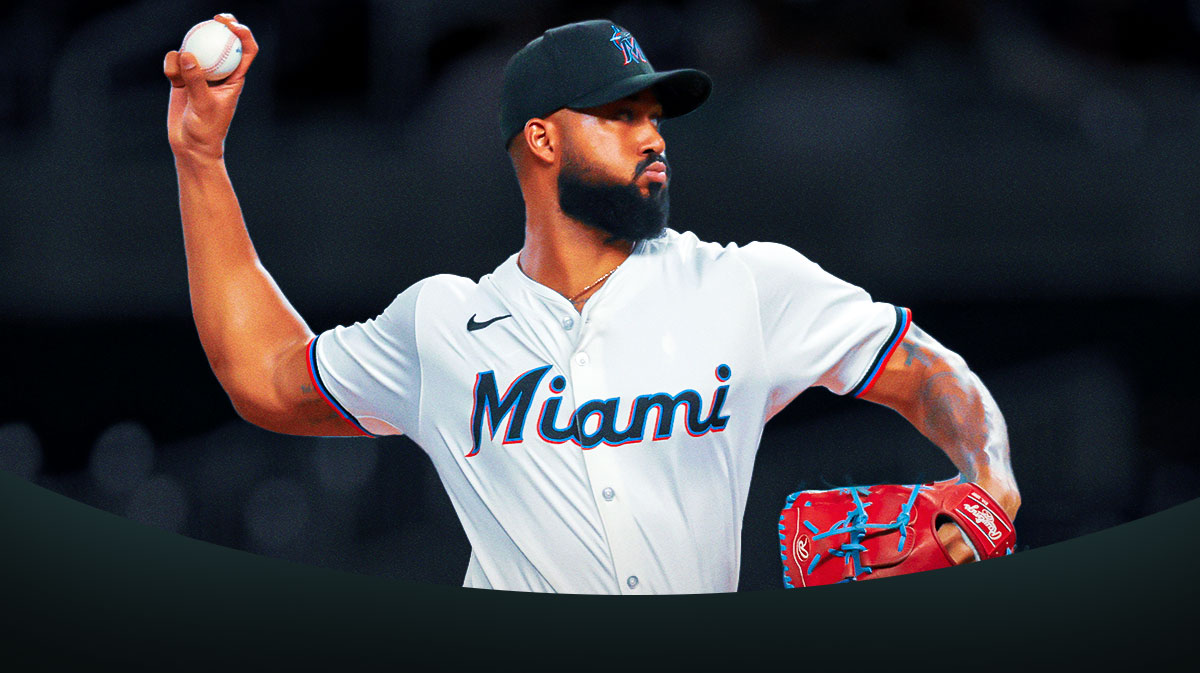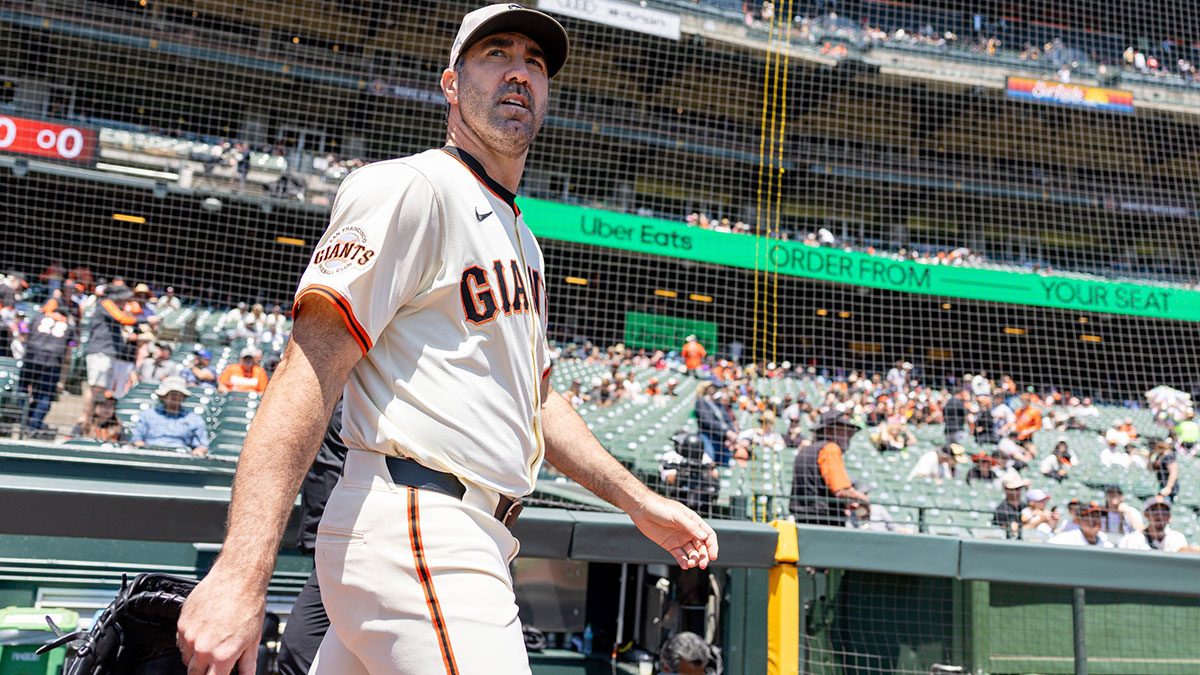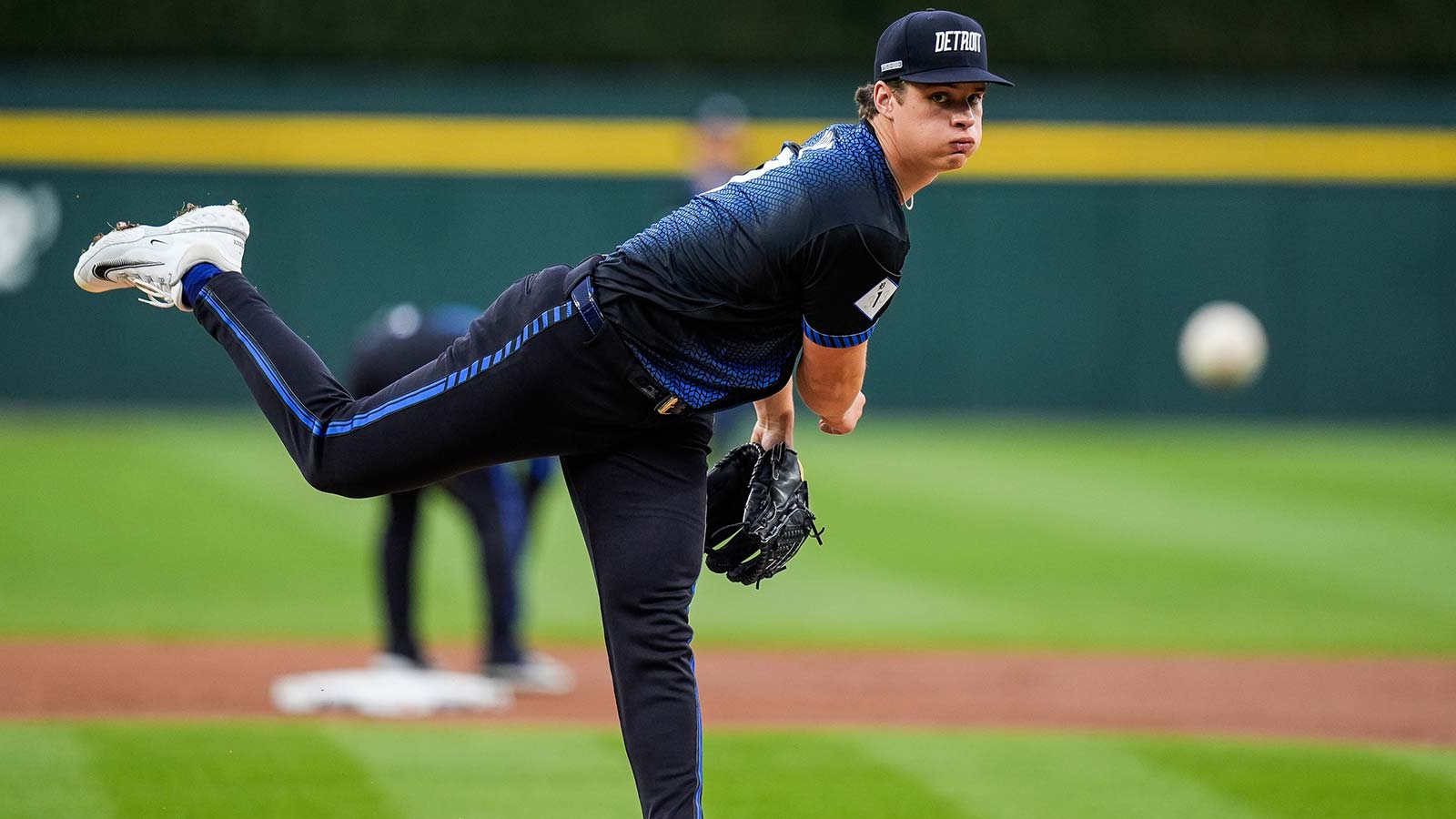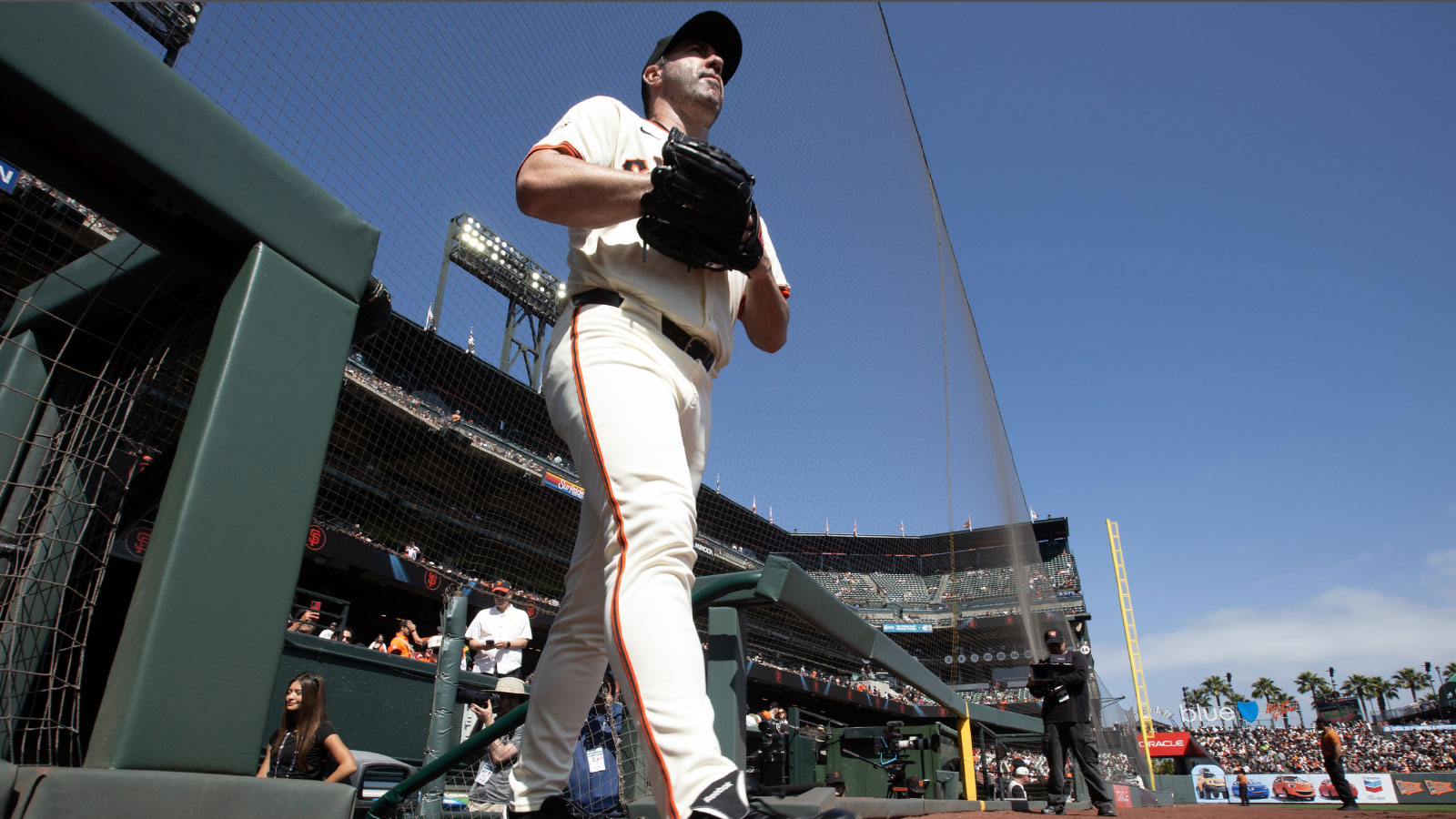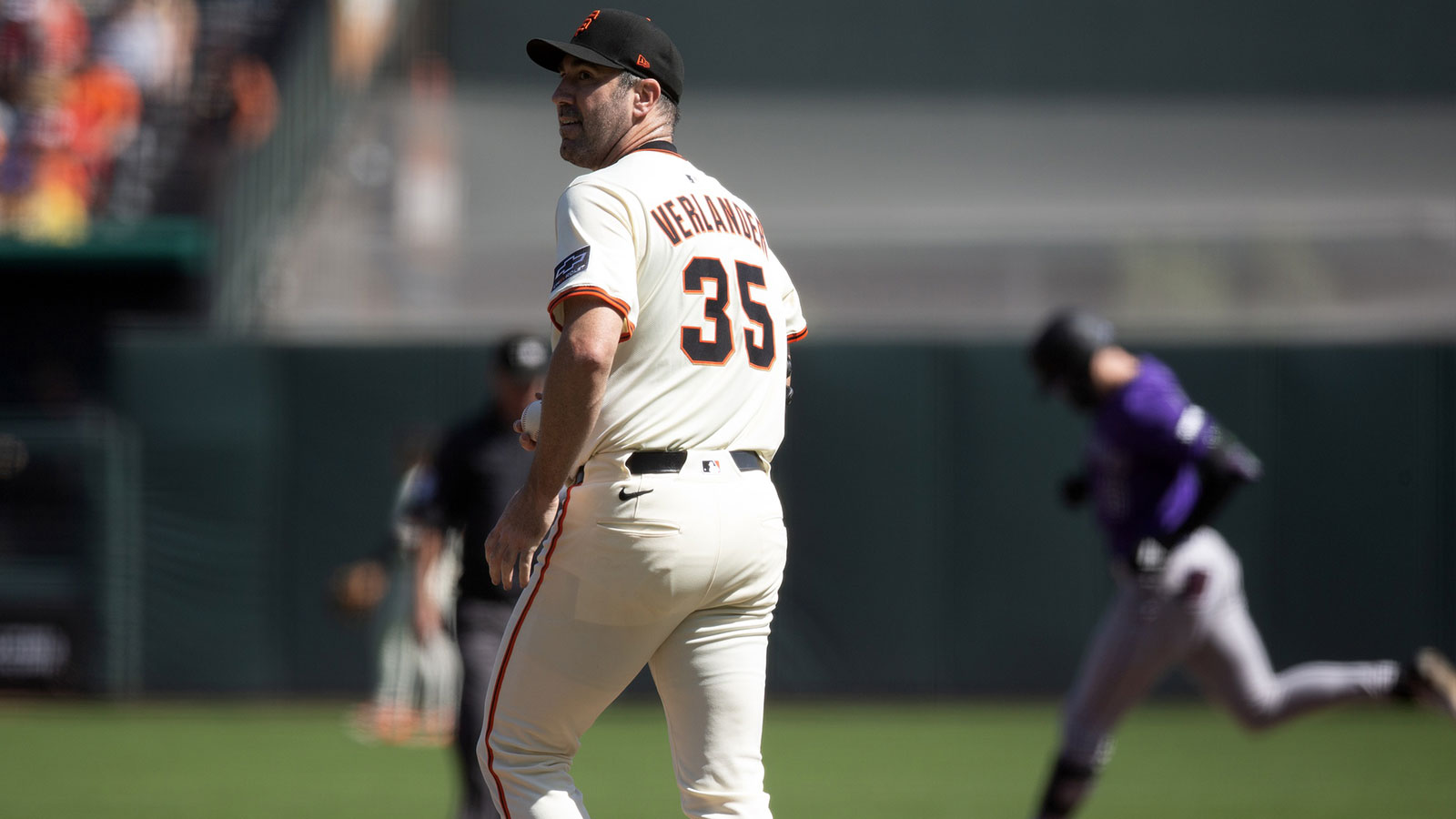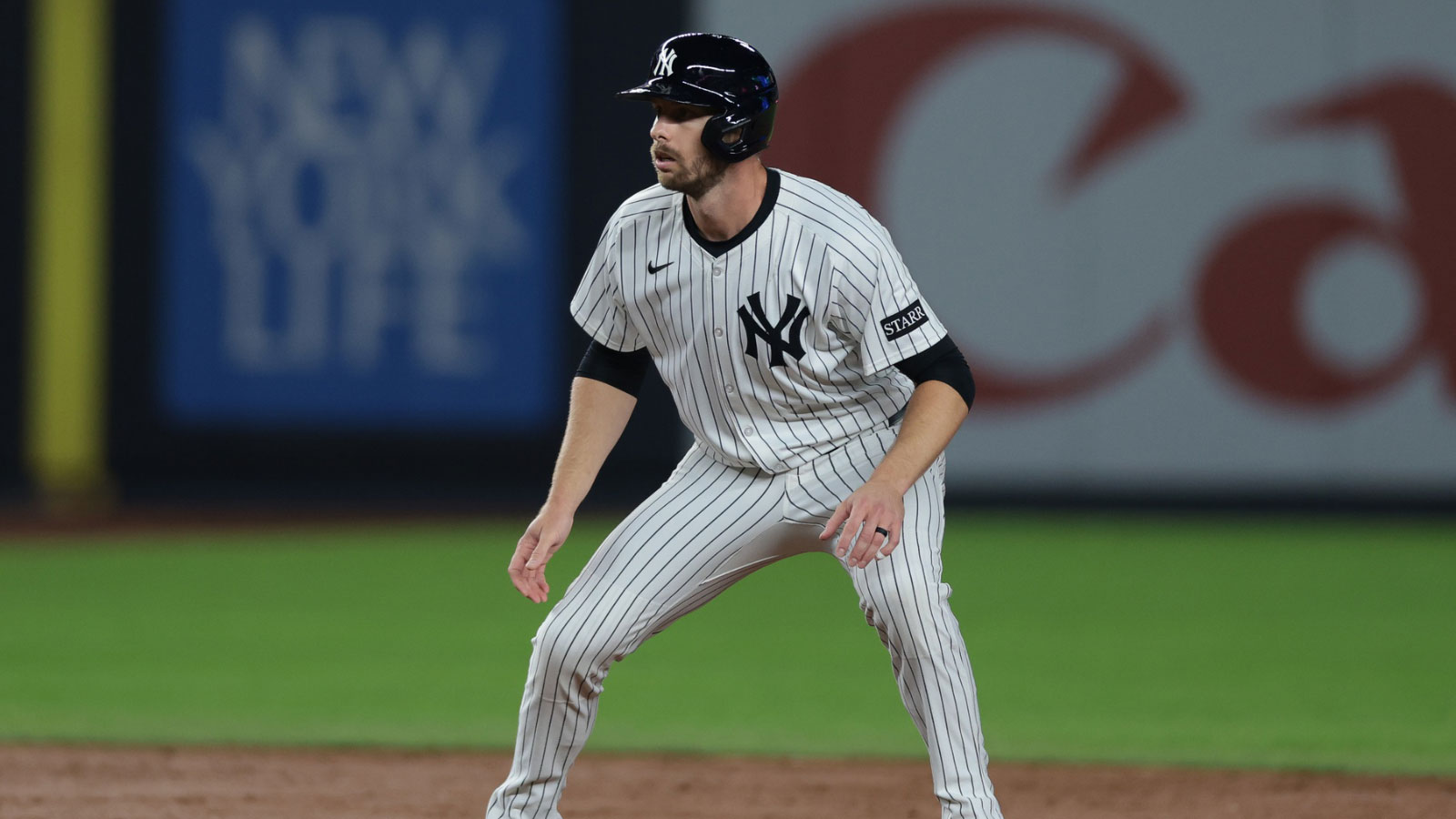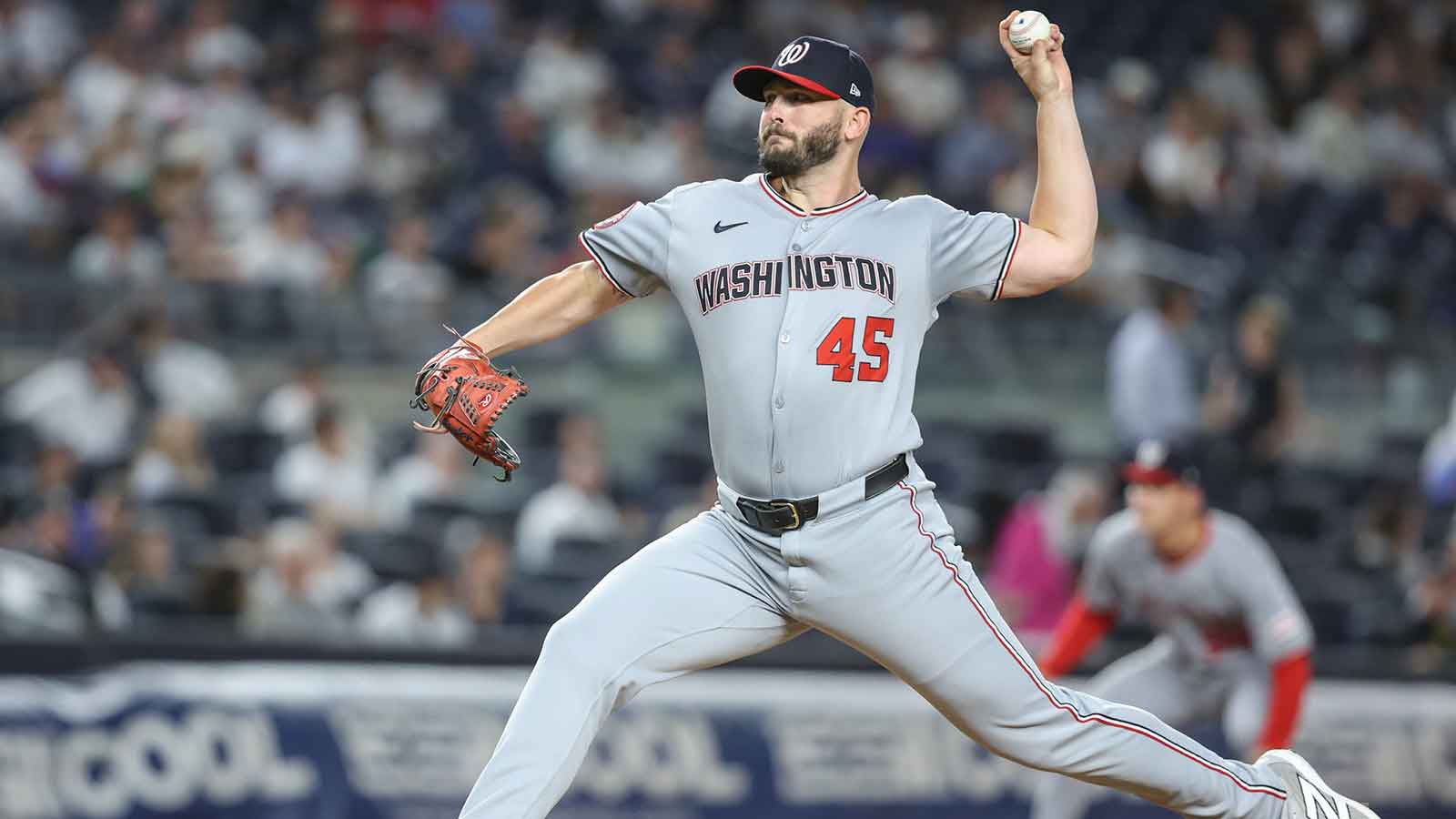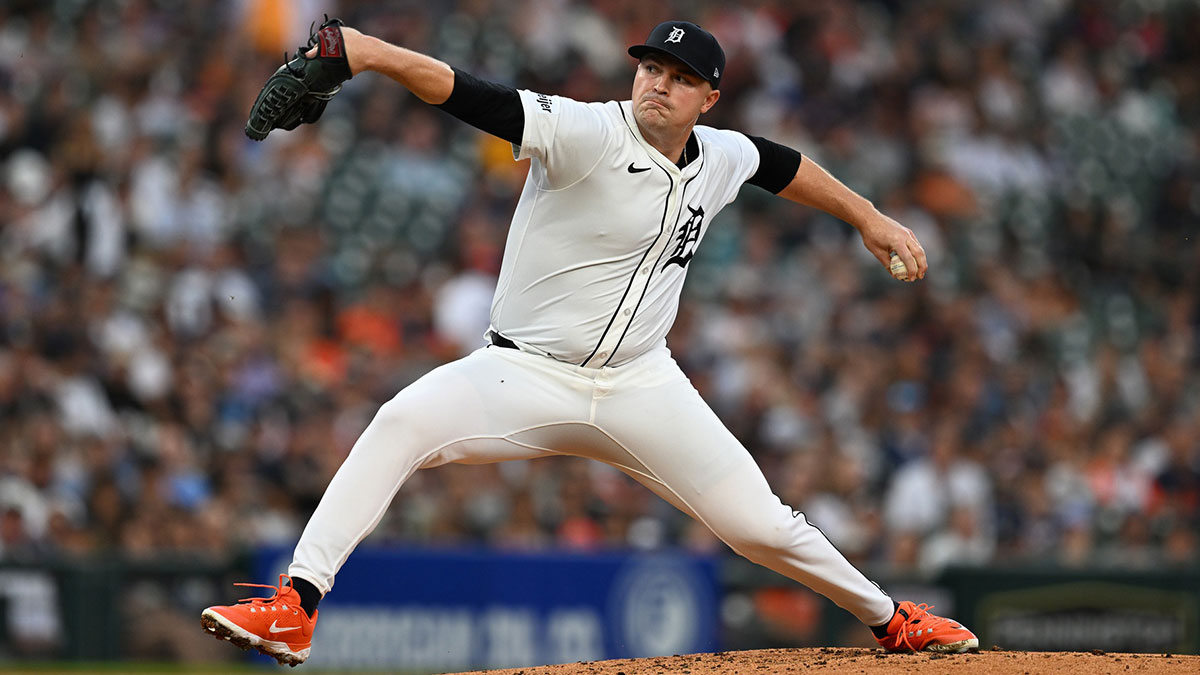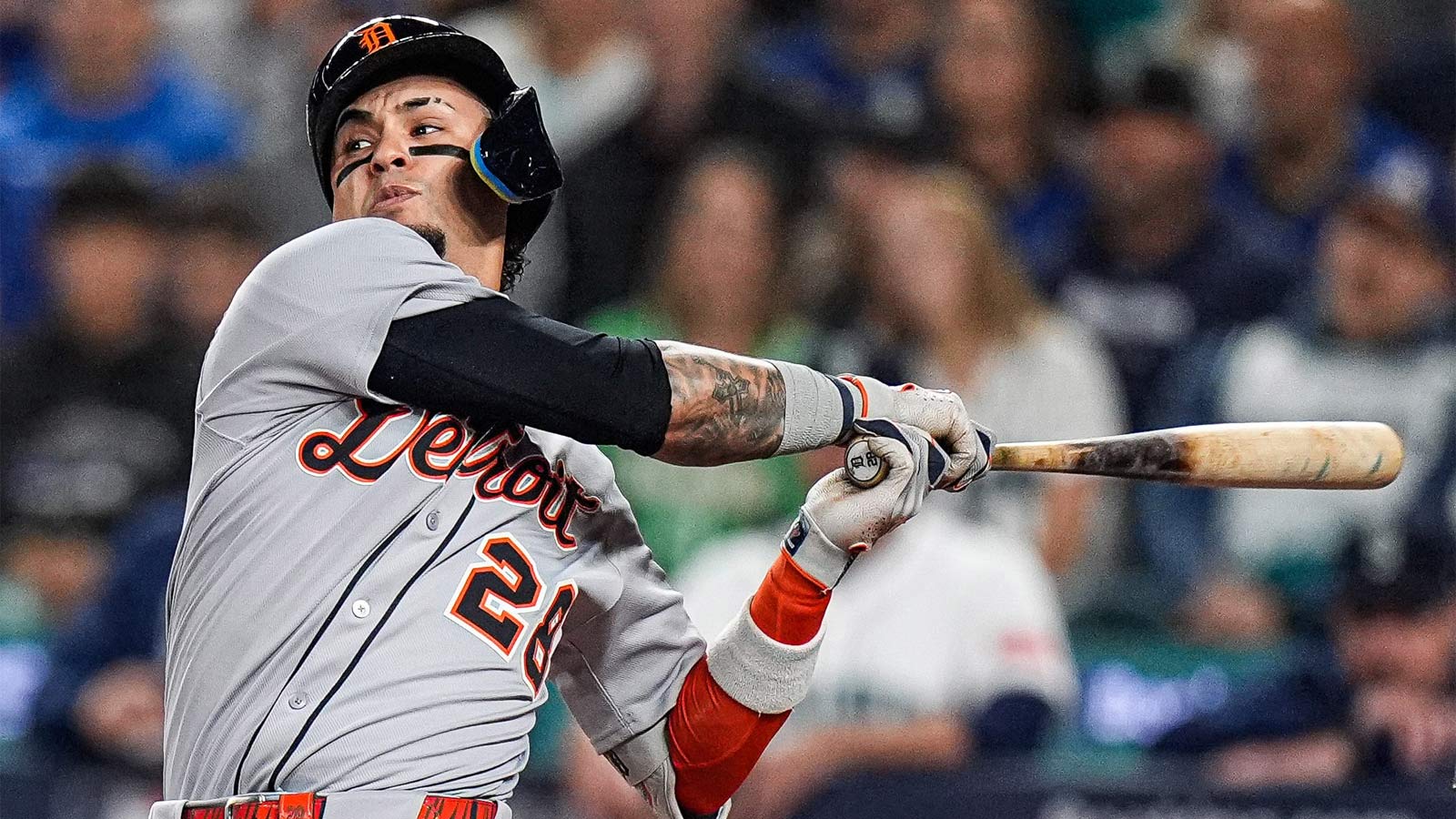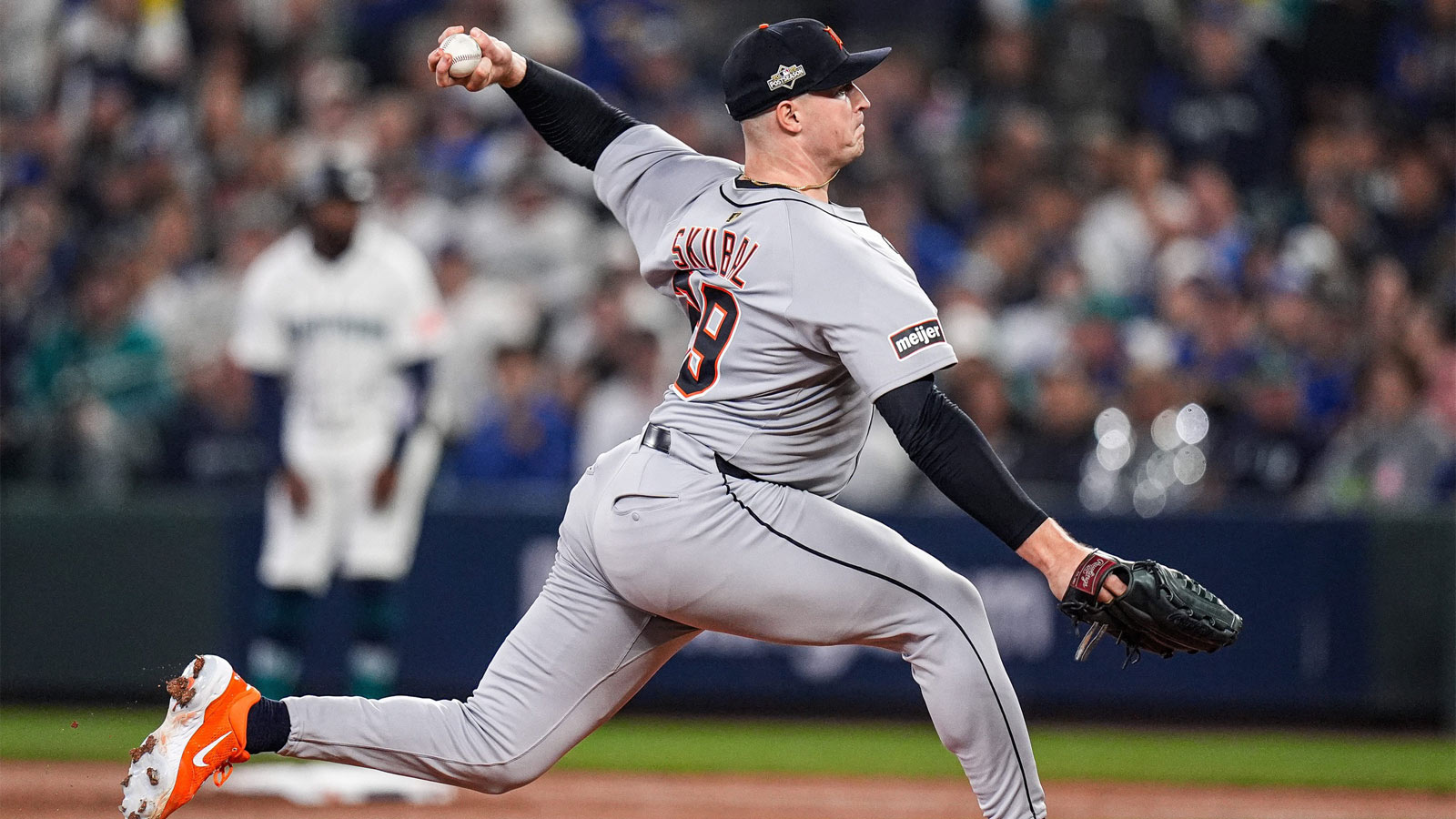As the 2025 MLB trade deadline approaches, the Detroit Tigers find themselves in an enviable position. With the best record in baseball and a young, dynamic roster, Detroit is not just a playoff contender—they’re a legitimate threat to win the American League Central and perhaps much more. The Tigers’ blend of homegrown talent and calculated offseason additions has paid off, and their pitching staff and offense both rank among the league’s elite. But with success comes temptation, and the pressure to make a splashy move can be immense. There is one trade, however, that Detroit must avoid at all costs: acquiring struggling former Cy Young winner Sandy Alcantara from the Miami Marlins.
Why the Alcantara Trade is a Trap
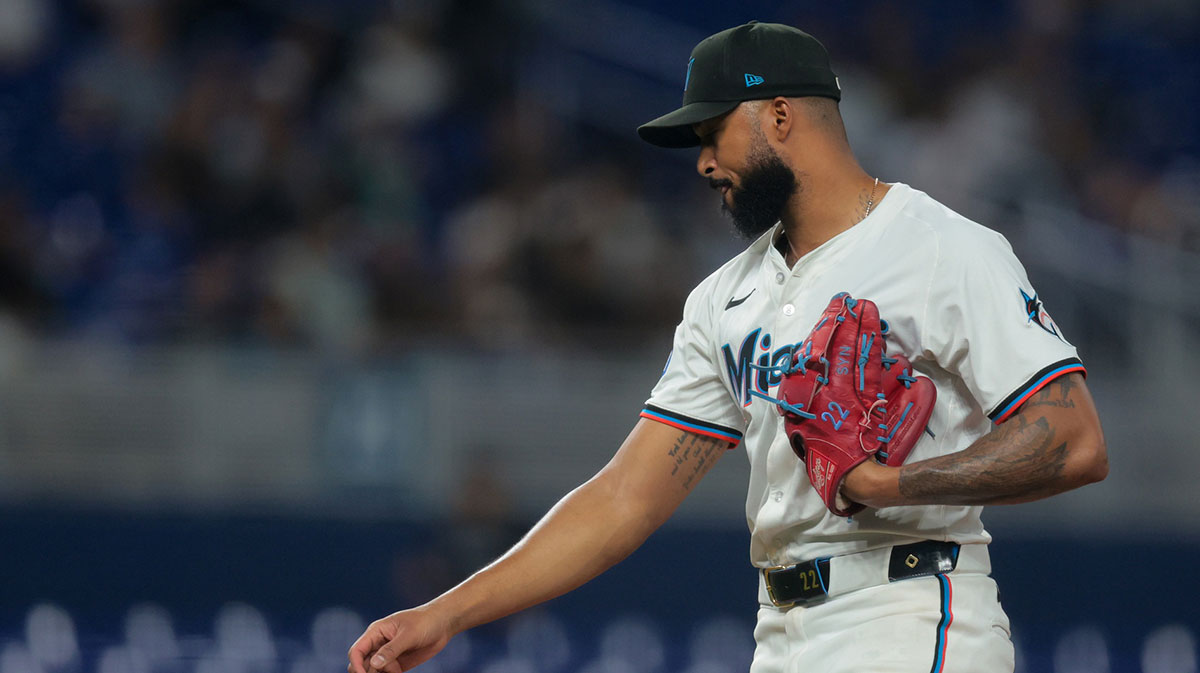
Even after Jackson Jobe's injury, the Tigers’ rotation remains a strength. Tarik Skubal is a bona fide ace, Casey Mize and Reese Olson have been steady, and Jack Flaherty, despite some inconsistency, has provided valuable innings. The loss of Jobe is a blow, but Detroit has internal options and the flexibility to patch the rotation without mortgaging the future.
Sandy Alcantara, on the other hand, is not the answer. Since returning from Tommy John surgery, the right-hander has struggled mightily, posting a 7.89 ERA over 57 innings, a far cry from his dominant 2022 form. Advanced metrics paint an even bleaker picture, Alcantara ranks near the bottom of the league among qualified starters, and there’s little evidence to suggest a quick turnaround is imminent.
The Cost Isn’t Worth the Gamble
Even if the Marlins are willing to sell low, Alcantara is under team control for two more seasons, so Miami has little incentive to move him unless they receive a meaningful return. For Detroit, surrendering any significant prospect capital for a pitcher with serious performance and health questions would be reckless. The Tigers’ farm system is a key reason for their current and future success, and dealing away young talent for a reclamation project could set the organization back years.
With prospects like Troy Melton and others waiting in the wings, Detroit’s best move is to trust their depth and player development pipeline rather than chasing a high-risk, low-reward veteran. The Tigers have built their resurgence on patience and smart decision-making, not panic trades.
The last time Sandy Alcantara pitched a day game at Petco Park pic.twitter.com/mu7pKddnqk
— Trang (@traaang) May 28, 2025
The Tigers’ rotation does not need a savior. Skubal is one of the most underpaid and effective pitchers in baseball, coming off a Cy Young season and still under team control. Mize and Olson have both shown flashes of brilliance, and Flaherty, while inconsistent, is capable of delivering quality starts. The team’s depth, both on the major league roster and in the minors, allows for flexibility and internal promotions if further injuries strike.
Moreover, Detroit’s offense is no longer the liability it once was. The Tigers rank fourth in runs scored, and their lineup features emerging stars like Riley Greene and Spencer Torkelson, both of whom are producing at high levels and are under team control for years to come. The team’s payroll is in a healthy place, with most of the money tied up in productive players or expiring contracts, and the front office has shown no inclination to make desperate moves.
Avoiding the Mistakes of the Past
Detroit’s recent history offers a cautionary tale. The Miguel Cabrera contract, once a symbol of ambition, became an albatross in his final years, hampering the team’s flexibility and contributing to a prolonged rebuild. The Tigers cannot afford to repeat that mistake by taking on another risky contract or trading away valuable prospects for a player whose best days may be behind him.
The Tigers are in a position of strength as the 2025 trade deadline approaches. While it’s tempting to address every perceived weakness, the worst move Detroit could make is trading for Sandy Alcantara. The risk far outweighs the potential reward, and the Tigers have everything they need to compete for a championship without making a panic move.
As the deadline nears, Detroit’s front office must remember that sometimes the best moves are the ones you don’t make. The Tigers have built a sustainable contender by valuing patience, development, and chemistry over flashy, short-term fixes. Rather than chasing the ghost of a former Cy Young winner, Detroit should focus on incremental upgrades, perhaps adding a reliable bullpen arm or a versatile bench bat, while keeping their core and top prospects intact.
By resisting the urge to swing for the fences on a risky trade, the Tigers can maintain their momentum and set themselves up for lasting success, both in 2025 and beyond. Staying the course, trusting their young core, and making only calculated, low-risk additions will serve Detroit far better than gambling on a fading star. The Tigers’ future is bright—now is not the time to dim it with a trade they’ll regret.

